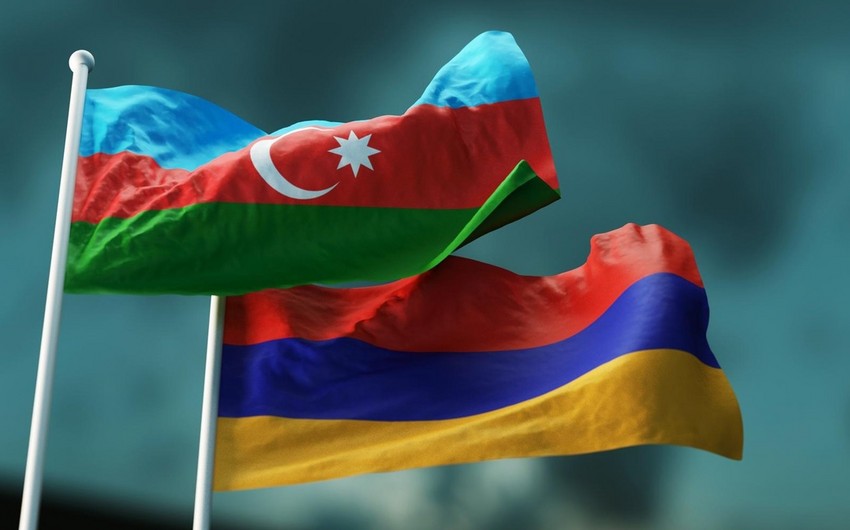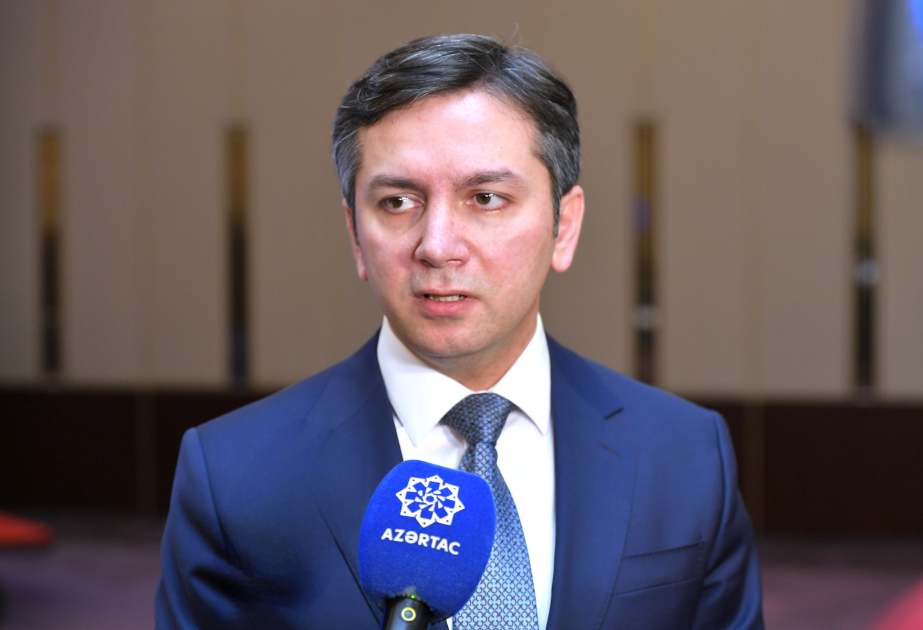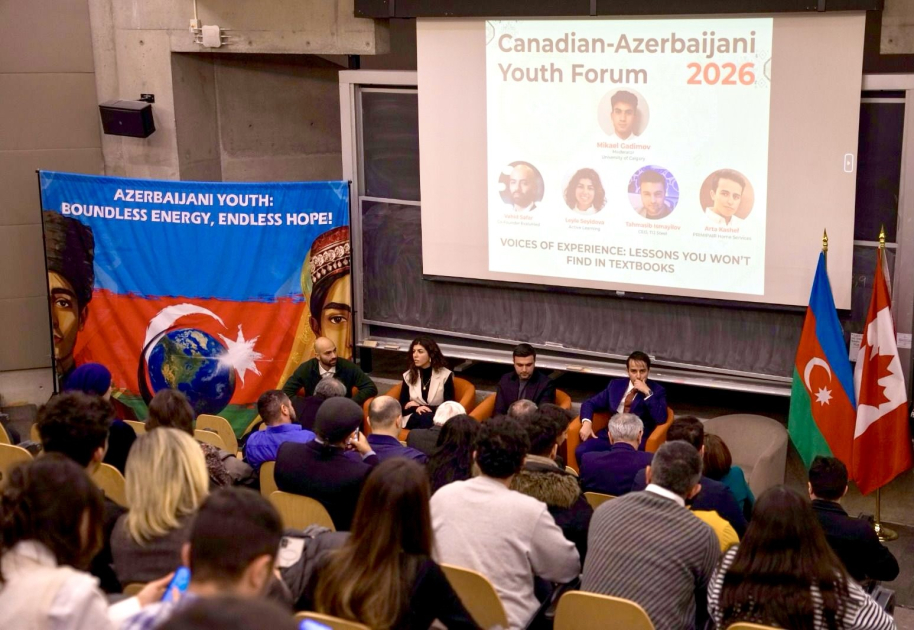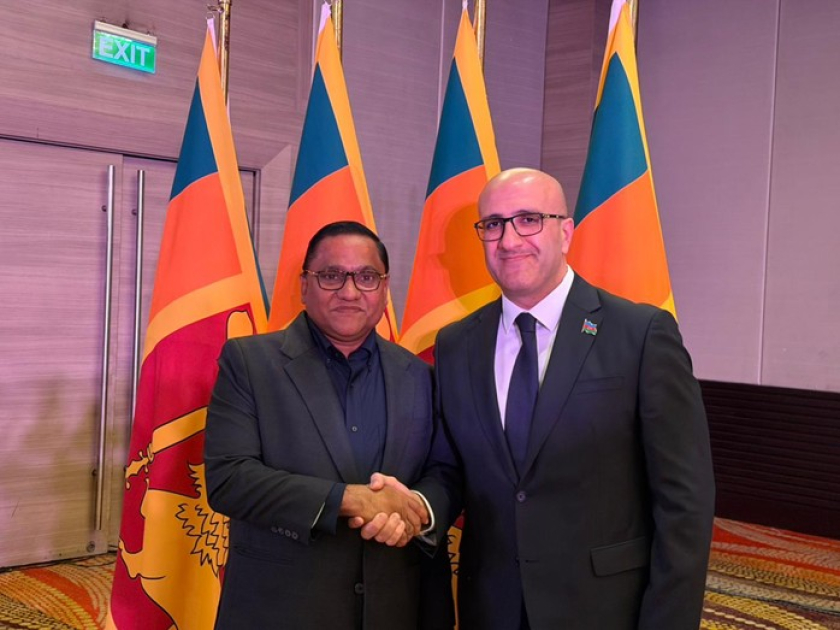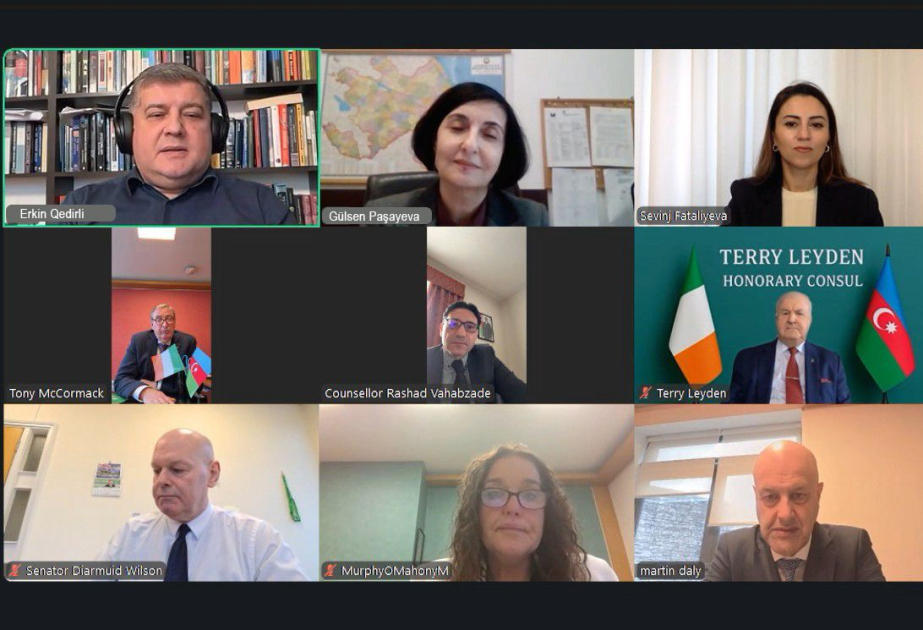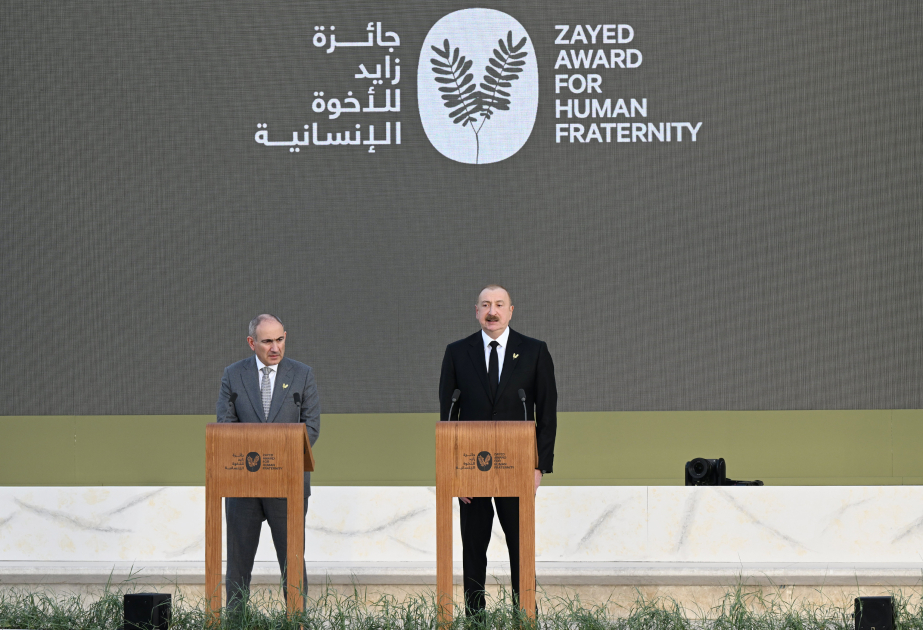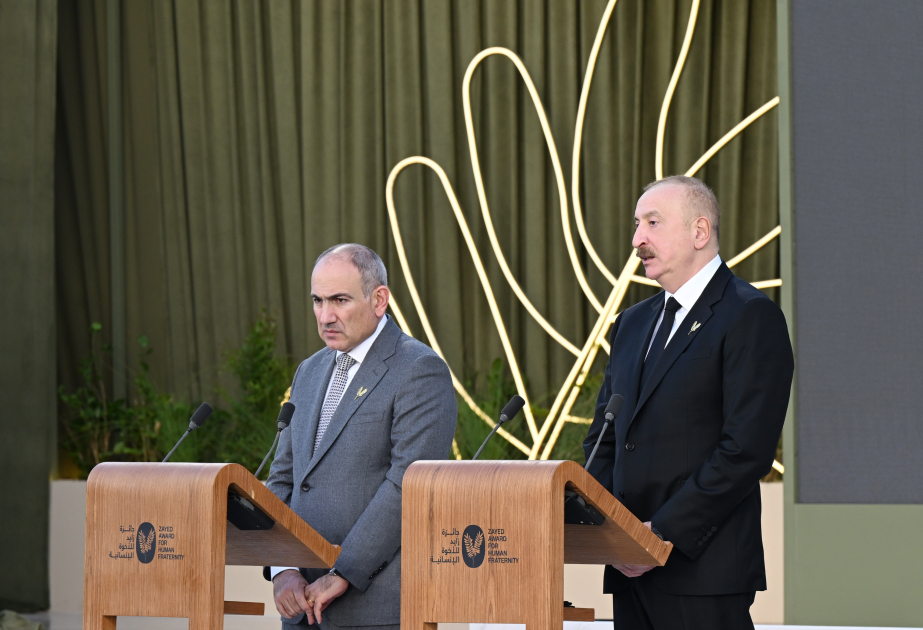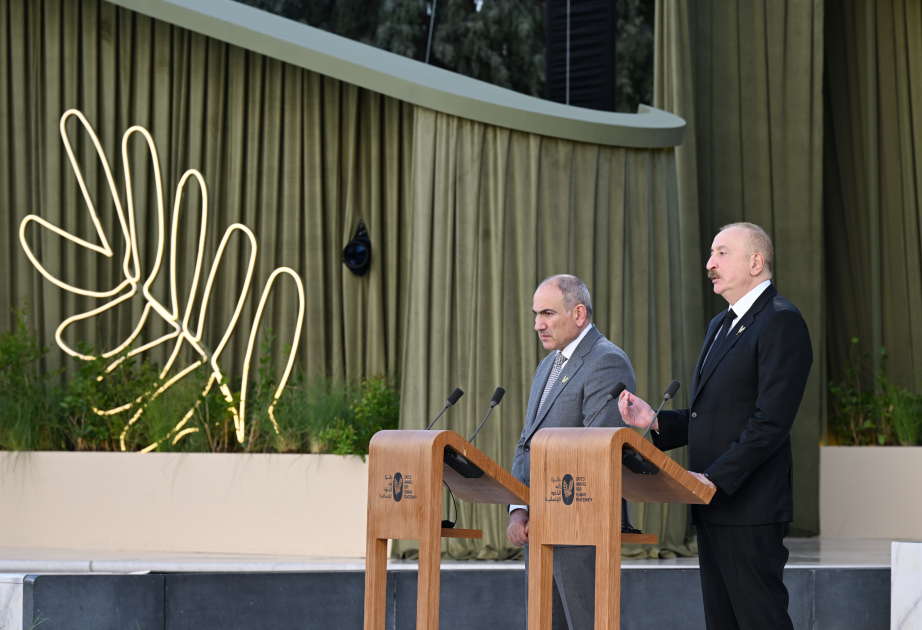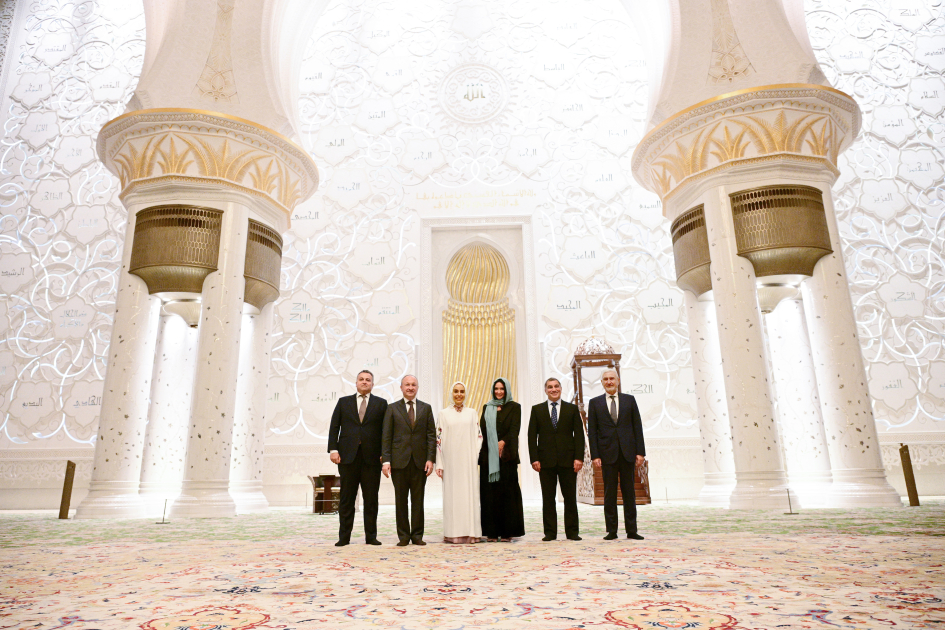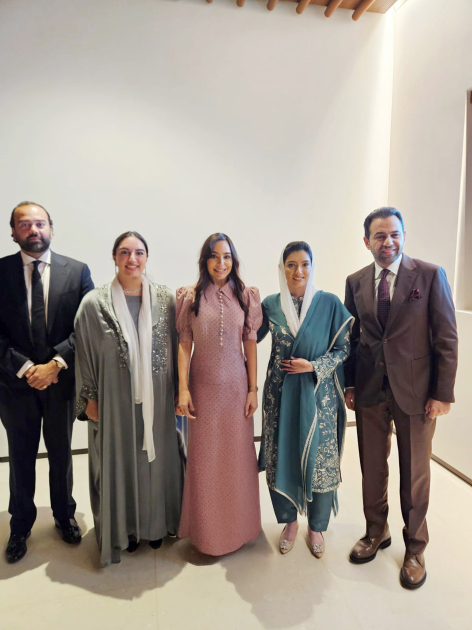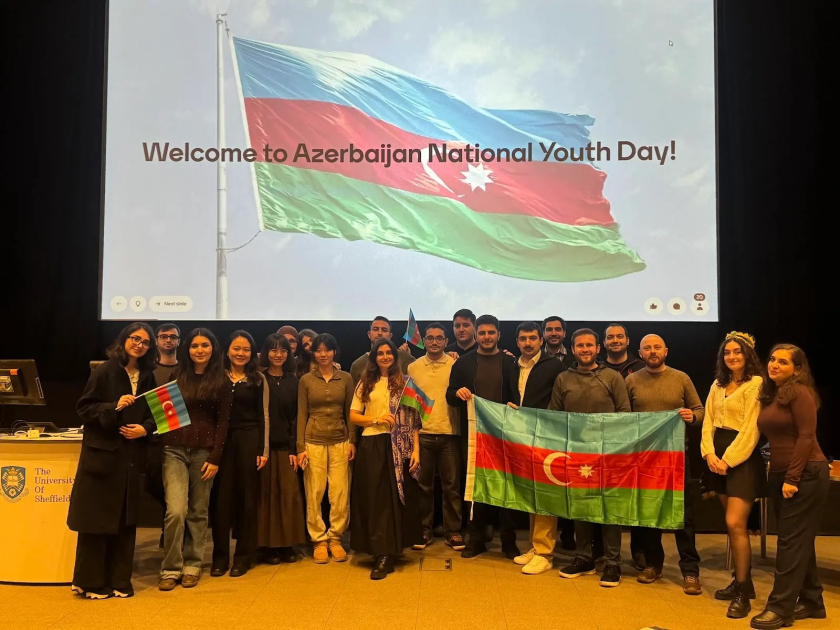The fact of direct negotiations and agreements reached between Baku and Yerevan without the participation of third parties can be assessed positively, since any mediator will only protect their own interests in the region, Serbian political scientist Stefan Antic told Report.
“The fact that the two parties are talking to each other directly, as opposed to through foreign mediators, should also be welcomed, as no third party can more adequately take care of the best interest of Azerbaijani and Armenian people than their respective leaders. Yet, herein lies the main trick. As the two countries move closer to an agreement, one should remain on the lookout for outside parties that might step up their support for the revisionist views still prevalent in some Armenian circles in an attempt to improve their own geopolitical standing in the South Caucasus,” he noted.
“Ever since Azerbaijan completely restored its territorial integrity, it’s been my view that Baku has been approaching Armenia with a degree of strategic empathy. This means that the Azerbaijani leadership fully understands how important it is for the victorious side in a conflict not to insist on humiliating its adversary and to sober-mindedly assess options that could lead to long-term sustainable peace.”
“I think the Azerbaijani leadership knows very well that impoverished, excluded, and humiliated adversaries create safe havens for radical ideologies and are likely to remain sources of security threats in the future. The wise policy of being open to involving Armenia in the region’s multitude of promising development projects and diplomatic initiatives promises to do the opposite,” he said.
“When assessing Armenians' behavior, one has to understand that they have suffered two major defeats in the span of just three years. For the leaders in Yerevan, this is a major blow with their electorate, which holds the power to vote them out of office and possibly even end their political careers. Occasionally playing tough with Azerbaijan, despite not being in a position to realistically do so, might thus remain part of Armenian politics for some time. On the other hand, Armenia could be buying time, hoping for a more favorable set of conditions that would allow it to gather composure and assume a more revisionist stance. Some Western countries, first and foremost France, have been eagerly waiting to help it in such endeavors for their own reasons. Yet, as it becomes increasingly evident that doing so might come at a rather high cost for Armenia’s own development, one can only hope that cooler heads will prevail in Yerevan.”


